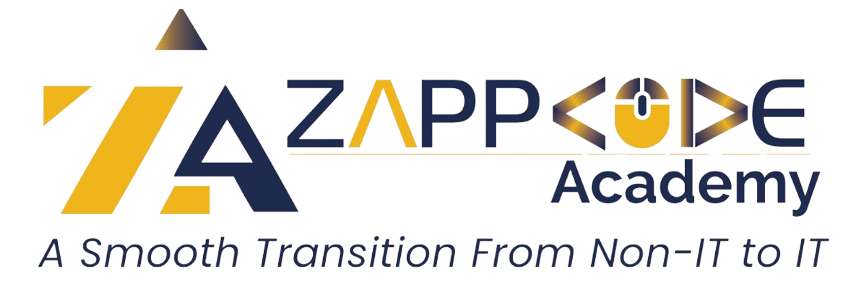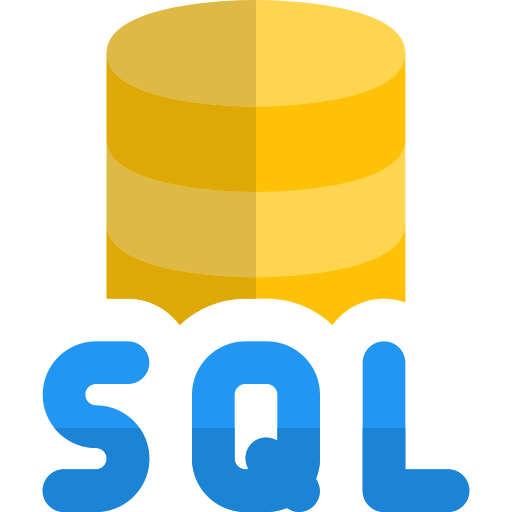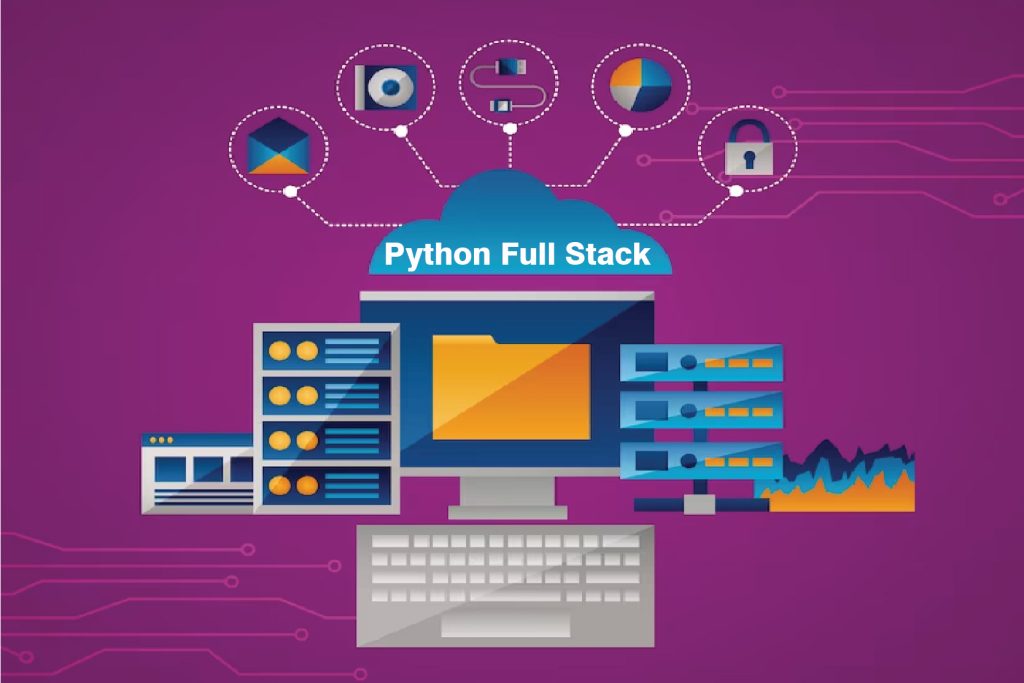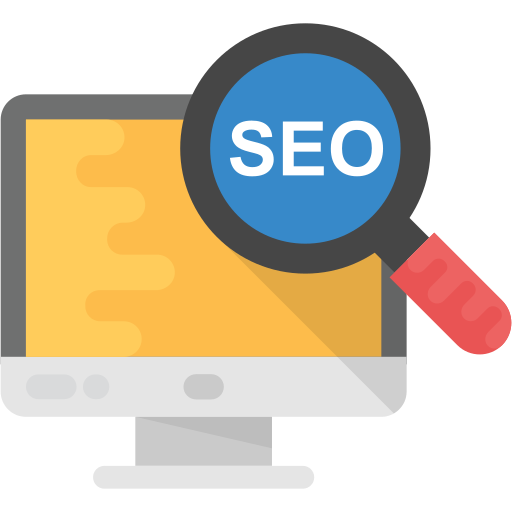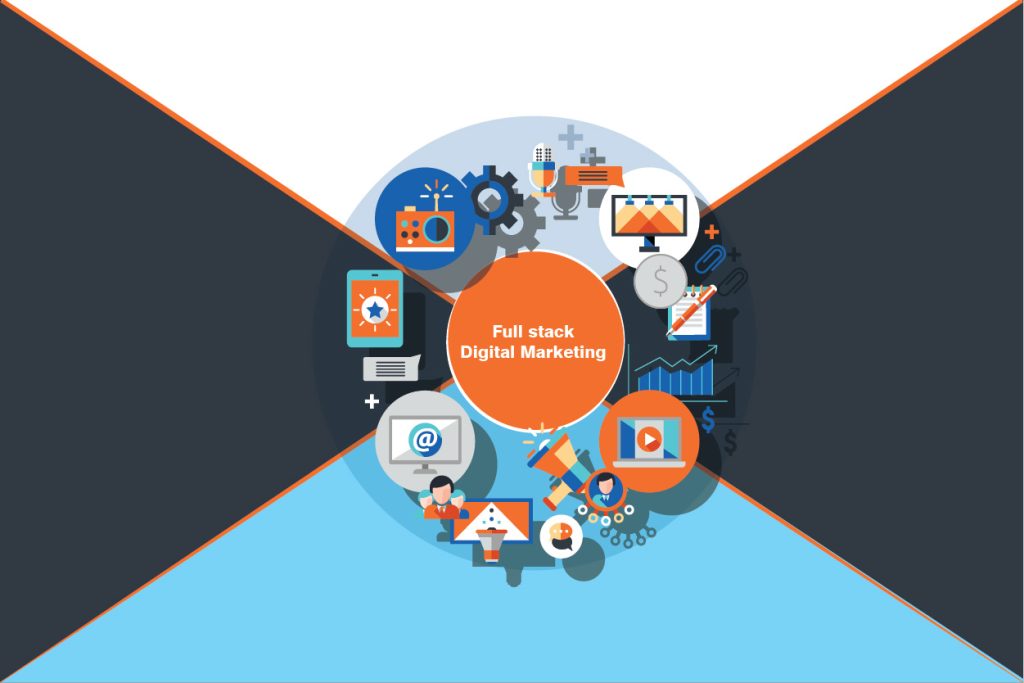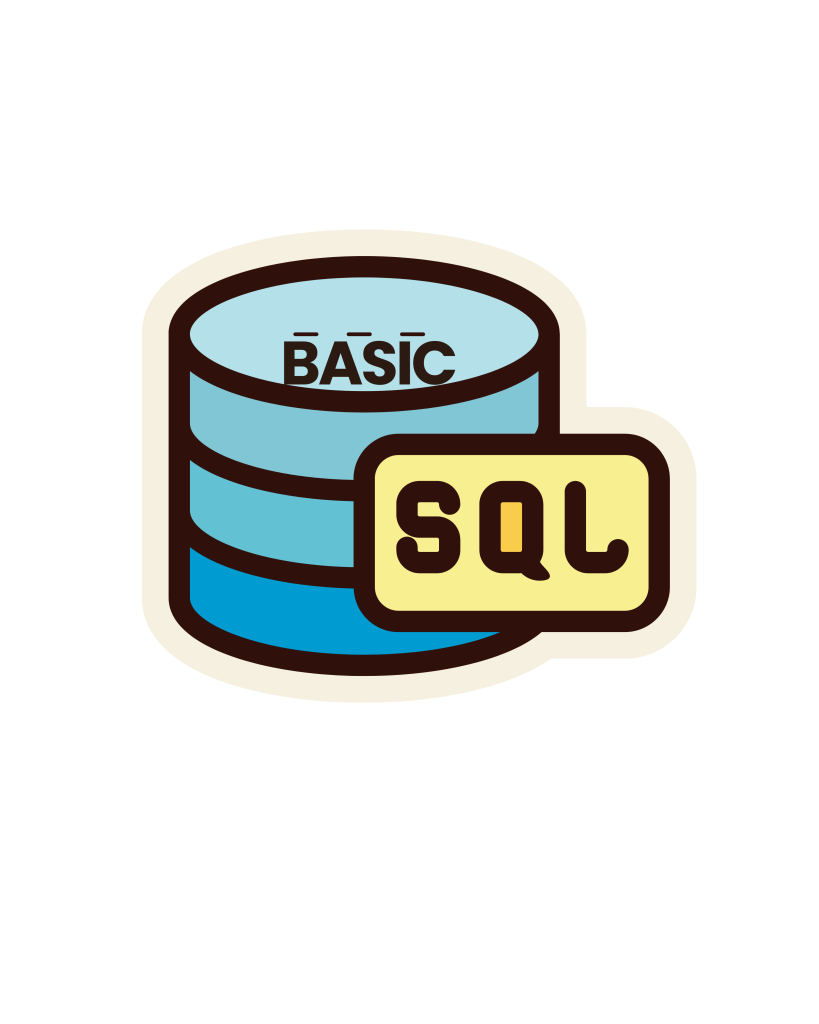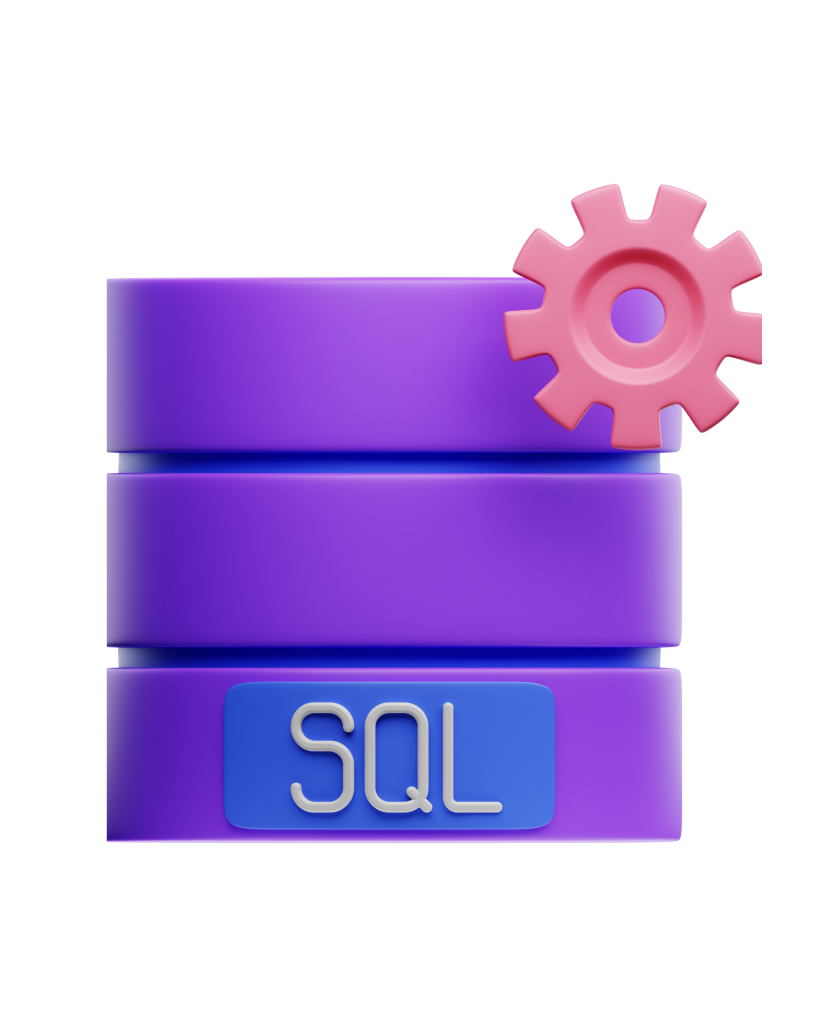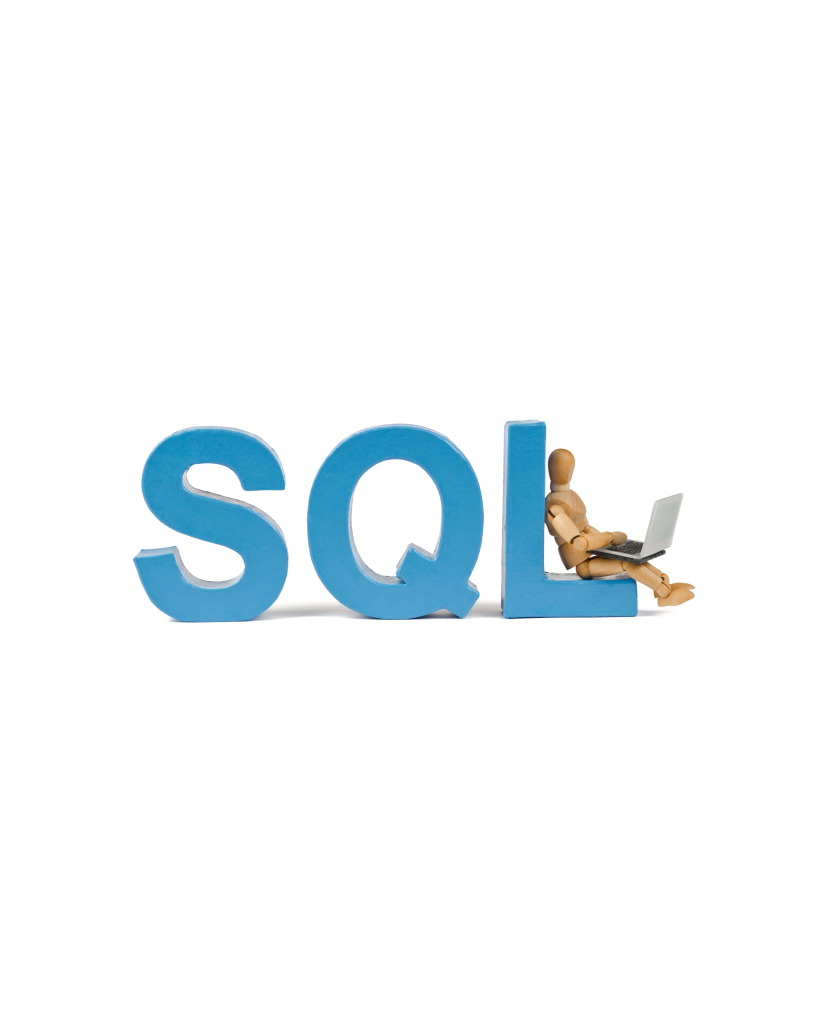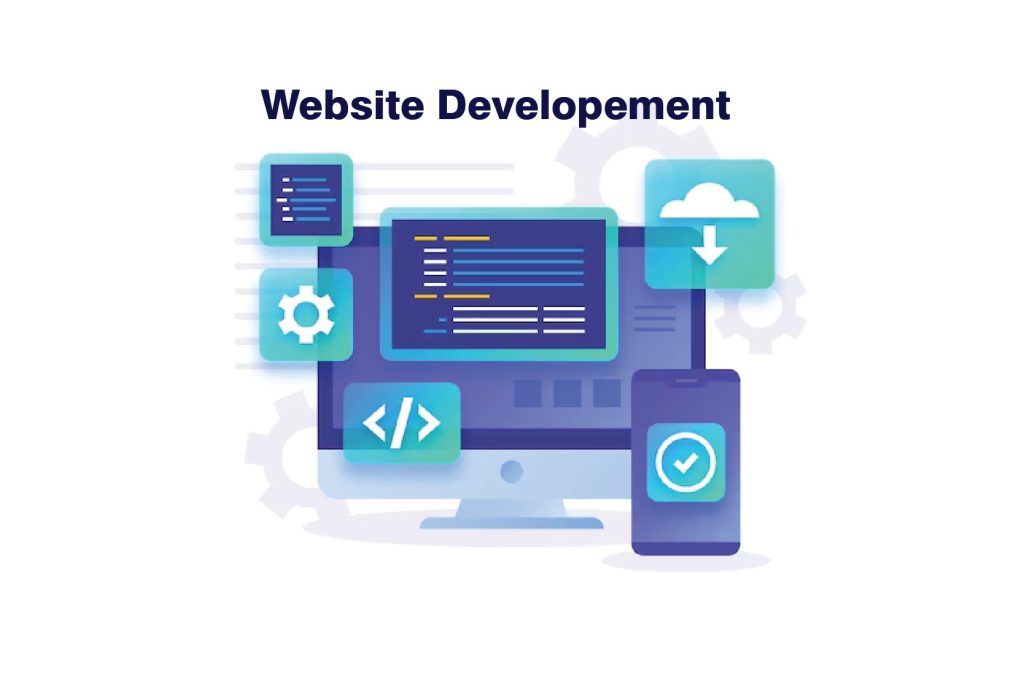
Building an e-commerce site involves a range of technologies and isn’t everyone’s cup of tea. It requires skills, coding knowledge, planning, testing, designing, speed optimization, and more.
If you’re aiming to become a website developer or designer, this article is essential reading. As technology advances and online shopping becomes increasingly prevalent, the demand for websites and web developers is growing.
Thousands of entrepreneurs are looking to create websites for their businesses, presenting an opportunity for developers to offer their services and get paid in return.
In this blog, we’ll know What technologies are needed to build an e-commerce website.
Process of Website Building
Process of building a website is not only about learning how to create a website its also about hosting, web tools. Now lets learn the process of website building, and how you can create one.
Web Server
A web server is a crucial component of the internet infrastructure that delivers web content to users’ browsers upon request. It functions by handling incoming HTTP requests from clients (such as web browsers) and responding with the requested web pages, files, or data. Web servers are designed to host websites and web applications, ensuring they are accessible to users 24/7.
They typically run on dedicated hardware or virtual machines and utilize software such as Apache HTTP Server, Nginx, Microsoft IIS (Internet Information Services), or others to process and serve web requests efficiently. When considering what technologies are needed to build an e-commerce website, web servers play a key role by supporting various technologies and protocols.
Web servers support languages and frameworks like PHP, Python, and ASP.NET, which are essential for developing dynamic and interactive e-commerce sites. These technologies enable the creation of robust online stores, handling everything from user registration and product management to secure transactions and customer service. Overall, web servers are foundational in enabling the worldwide accessibility of websites and applications on the internet, including complex platforms like e-commerce sites.
Server Software
Server software refers to programs and applications that run on a server to provide various services to other computers, known as clients, over a network. These services can include web hosting, email management, file storage, and database management.
Server software is designed to handle multiple client requests simultaneously, ensuring efficient resource allocation and secure data transmission. Examples of server software include web servers like Apache or Nginx, database servers like MySQL or PostgreSQL, and mail servers like Microsoft Exchange or Postfix.
Database System
A database system is a software solution designed to efficiently store, manage, and retrieve data. It comprises a database management system (DBMS) and the data itself, providing a structured way to organize information. Database systems allow users to create, read, update, and delete data through a query language, such as SQL.
When considering what technologies are needed to build an e-commerce website, a robust database system is essential. It ensures data integrity, security, and support for concurrent access, which are critical for handling customer information, product catalogs, and transactions. Common examples of database systems used in e-commerce platforms include MySQL, PostgreSQL, Oracle, and MongoDB.
These database systems play a crucial role in managing the backend data of an e-commerce site, supporting everything from inventory management to user accounts and order histories. Their reliability and efficiency are key to maintaining a smooth and secure online shopping experience.
Browser Compatibility
Browser compatibility ensures that a website works well on various web browsers like Chrome, Firefox, Safari, and Edge. It involves testing the site to make sure that all features, styles, and functionalities look and behave the same across these browsers.
This helps in identifying and fixing any issues that might occur in specific browsers. By doing this, developers provide a consistent experience for all users. Ultimately, it ensures that everyone, regardless of their browser choice, can access and use the website smoothly.
Languages we can learn to build an e-commerce website.
Python
Python is a great choice for building websites because of its powerful web frameworks like Django, Flask, and Pyramid. These frameworks make development easier by offering ready-made tools for things like managing URLs, interacting with databases, and processing forms.
For example, Django comes with built-in features for database management, an admin interface, and strong security, making it perfect for creating complex web applications quickly.
Python’s simplicity and readability make the code easier to write and maintain, boosting productivity and making teamwork on web projects smoother. Learning Python can help you leverage these frameworks to develop efficient and scalable websites, making it a valuable skill for any aspiring web developer.
Django
Django is an exceptional web framework for Python, known for its efficiency in creating scalable and maintainable web applications. Its design focuses on rapid development and clean, reusable code. With features like an integrated ORM (Object-Relational Mapping) system, a built-in admin interface, and robust security, Django simplifies the development process and ensures that applications are both powerful and secure.
ORM Integration:
Django’s ORM makes database management easier by letting developers interact with database models using Python objects instead of complex SQL queries.
Admin Interface:
The built-in admin interface in Django simplifies content management, allowing users to easily create, read, update, and delete data with minimal effort.
Scalability and Performance:
Django is built to handle high-traffic sites with its caching mechanisms and efficient request handling, ensuring your application performs reliably even under heavy loads.
HTML
HTML is crucial for creating an e-commerce website because it provides the basic structure for your web pages. When considering what technologies are needed to build an e-commerce website, HTML is foundational.
It allows you to set up key elements like product listings, navigation menus, and shopping carts. For instance, you’ll use HTML tags to create headings for product categories, paragraphs for product descriptions, and links to navigate between different pages of your store.
By structuring your content properly with HTML, you lay the groundwork for integrating other technologies essential for a successful e-commerce site. CSS can be used for styling to make your site visually appealing, while JavaScript adds interactive features that enhance user experience.
Essentially, HTML helps you build a solid and organized layout for your e-commerce site, ensuring that your products and information are presented clearly and effectively to your customers.
CSS
CSS, or Cascading Style Sheets, is essential for creating a visually appealing website. While HTML provides the structure of your site, CSS is used to control its look and feel. It allows you to style elements such as colors, fonts, and layouts, making your website more attractive and user-friendly.
For an e-commerce site, CSS helps design a professional and engaging shopping experience by ensuring that product pages, navigation menus, and checkout forms are not only functional but also visually appealing. By using CSS, you can enhance the overall user experience, making it easier for customers to browse and buy products, which is key to the success of any online store.
About Vibetara
If you want to see a live example of a website created with django, python, CSS, and HTML do check out vibetara.com. Vibetara is a clothing start up created with the collaboration of Zappkode Solutions and Zappkode Academy. Do check out Vibetara.
Easy platforms to build a e-commerce website
WordPress
WordPress is a widely-used content management system renowned for its user-friendly interface and extensive plugin ecosystem. It simplifies website creation and management, offering an intuitive dashboard for content editing and publishing.
With thousands of plugins available, WordPress allows users to enhance their sites with additional functionalities such as e-commerce, SEO optimization, and social media integration. Its customizable themes further enable users to personalize the appearance of their websites without requiring deep technical expertise.
Overall, WordPress is a versatile platform suitable for bloggers, small businesses, and large enterprises alike, empowering them to build and maintain professional websites efficiently.
Shopify
Shopify is a leading e-commerce platform that simplifies the process of setting up and managing online stores. When exploring what technologies are needed to build an e-commerce website, Shopify offers a comprehensive suite of tools and features tailored specifically for selling products and services online. Its user-friendly interface enables users to create customizable storefronts without requiring extensive technical knowledge.
Shopify includes built-in tools for inventory management, payment processing, shipping options, and marketing, effectively streamlining the entire e-commerce workflow. Additionally, Shopify’s app store provides a wide range of extensions and integrations that enhance functionality, including customer support, analytics, and sales channels expansion.
Overall, Shopify empowers businesses of all sizes to establish a professional online presence and efficiently manage their e-commerce operations, making it a valuable option for those seeking to understand and implement the necessary technologies for a successful online store.
Wix
Wix is a popular website builder known for its user-friendly interface and drag-and-drop functionality, making it accessible to users without coding experience. It offers a variety of customizable templates that cater to different industries and website types, enabling users to create visually appealing sites quickly.
Wix’s platform includes integrated tools for managing content, adding multimedia elements, and optimizing for mobile devices, ensuring websites are both attractive and functional. Additionally, Wix provides a marketplace for apps that extend site capabilities, such as e-commerce, booking systems, and marketing tools, allowing users to enhance their websites with additional features as needed.
Overall, Wix empowers individuals and businesses to create professional websites effortlessly, regardless of their technical expertise.
Conclusion
In conclusion, building an e-commerce website requires technical skills, careful planning, and a deep understanding of various technologies. Understanding what technologies are needed to build an e-commerce website is crucial for success in this field. With the rising demand for online shopping, web developers are increasingly sought after. Entrepreneurs need robust websites for their businesses, and skilled developers can meet this need while earning a living.
By learning about web servers, server software, database systems, HTML, CSS, JavaScript, and browser compatibility, aspiring developers can build effective e-commerce sites. Mastering these technologies enables them to create dynamic and secure online stores, tapping into the growing market for digital commerce.
